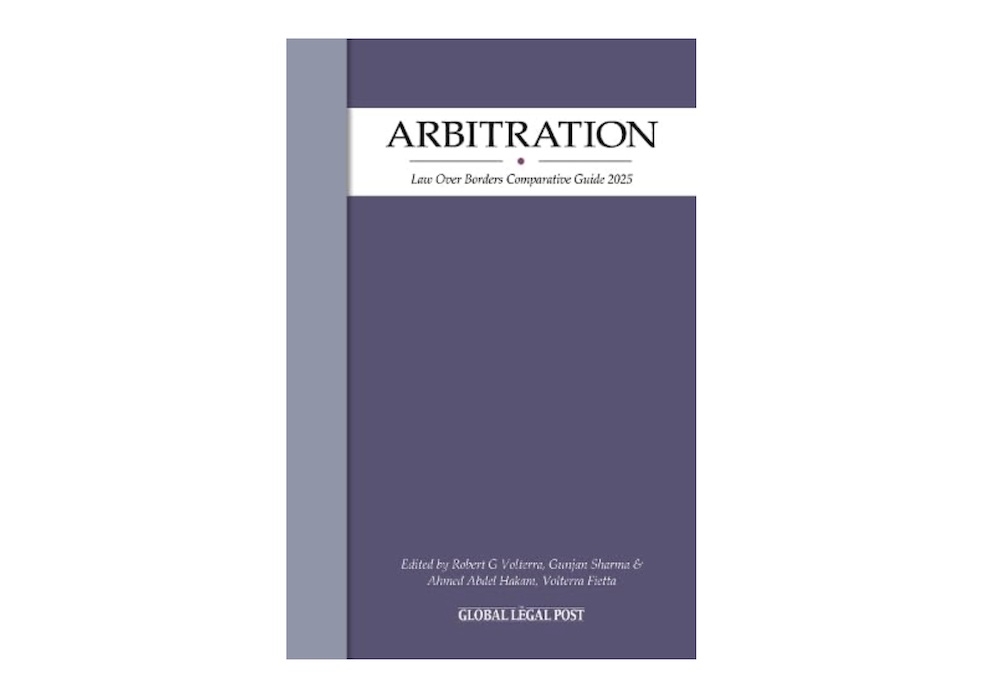On 1 September 2023, People’s Republic of China has adopted the Law on Foreign State Immunity (the “State Immunity Law”), which will take effect on 1 January 2024. This law represents a major shift in China’s approach to sovereign immunity, with far-reaching implications for States operating in China.
China’s previous adherence to the doctrine of absolute State immunity
State immunity is a doctrine of international law which bars a national court from adjudicating or enforcing claims against foreign States and their property. The doctrine of absolute immunity used to allow states to enjoy absolute immunity in the courts of foreign States. Many States have since shifted to employing the doctrine of restrictive immunity, which allows States to be sued under certain exceptions in the courts of foreign States.
Until the State Immunity Law, China was the last major economy to follow the doctrine of absolute immunity. Although China signed the UN Convention on Jurisdictional Immunities of States and Their Property (not yet in force) in 2005, it has not yet ratified the Convention, and has repeatedly clarified its position with regard to its adherence to the doctrine of absolute immunity.
The Law on Foreign State Immunity
In a statement by the Ministry of Foreign Affairs, who oversaw the drafting of the State Immunity Law, the shift from absolute to restrictive State immunity was explained by bringing China’s State immunity system “in line with international practices.”
The new law establishes that, as a primary rule, “foreign States” are granted immunity from the jurisdiction of Chinese courts (Article 3), and their property is protected from execution (Article 13). This broad immunity is subject to exceptions detailed in the State Immunity Law.
State Immunity Law begins with defining what constitutes a “foreign State”, which includes: (i) a foreign sovereign State, (ii) a State organ or constituent part of a foreign sovereign State, as well as (iii) “an organisation or an individual, authorised by a foreign sovereign State, that exercises sovereign authority and conducts activities in accordance with such authorisation.” Most notably, foreign State-Owned Enterprises engaged in commercial activities are not afforded immunity under the new law.
Exceptions to State immunity
The new State Immunity Law provides several exceptions to the general rule of State immunity (Article 3).
The “commercial activities” exception applies to remove State immunity from suit, where the activities of a State amount to “[a]ny act of transaction of goods or services, investment, lending, or any other act of a commercial nature, which is not an exercise of sovereign authority” (Article 7). Similarly, the property of a foreign State will not enjoy immunity from execution if the execution measures are taken to enforce a valid judgment rendered by a court of China, and “the property of the foreign State is located in the territory of [China], used for a commercial activity, and connected to the proceedings” (Article 14(3)). It is important to note that the “commercial activities”, as defined in the State Immunity Law, must either take place in China or cause “direct effect” in the territory of the China.
Similarly, a foreign State will not be able to enjoy immunity in arbitration-related court proceedings, if such proceedings relate to an underlying dispute arising out of commercial activities. This includes (i) the validity of an arbitration agreement; (ii) the recognition, enforcement or setting aside of an arbitral award; and (iii) other matters related to arbitration which are subject to review by the courts of China as provided by the law (Article 12).
Other notable exceptions to immunity from suit include: (i) claims brought under certain types of labour or service contracts, wholly or partially performed within China’s territory (Article 8); (ii) claims relating to personal injury and property damage (Article 9); and (iii) certain claims concerning property matters (Article 10). The new law also provides for express waiver (Article 4) and implied waiver (Article 6).
The new law particularly limits exceptions to immunity from execution to: (i) express waiver given by way of an international treaty, a written agreement or a written document filed with a China court; (ii) property which has been allocated or earmarked for execution purposes; and (iii) property used for commercial activities (Article 14).
Possible implications
The new law will have wide-ranging implications for all States operating in China. After the law takes effect, foreign States will be subject to suit in China from private parties, if a foreign State’s actions fall within one of the defined exceptions provided in the State Immunity Law—a range of claims from which they were previously immune. It is notable that the new law directly affects sovereign debt—as loans are expressly qualified as “commercial activity” under the law.
In a statement, it was confirmed that Hong Kong and Macau Special Administrative Regions will likely follow the central people’s government in adopting the State immunity rules and policies set out in the law. This uniform position was previously held in Democratic Republic of the Congo v. FG Hemisphere Associates LLC (2011). Considering Hong Kong’s position as a major international dispute resolution forum, private parties will now be able to bring claims against foreign States in Hong Kong courts, including arising out of commercial transactions.
Conversely, China itself is now equally exposed to facing claims in foreign States, as per the reciprocity clause in the State Immunity Law (Article 21). The reciprocity clause also enables Chinese courts to apply any exception to immunity against a foreign State, if that exception is absent from the new State Immunity Law, but is nevertheless defined under the foreign State’s national State immunity legislation (such as the terrorism exception under US law).



